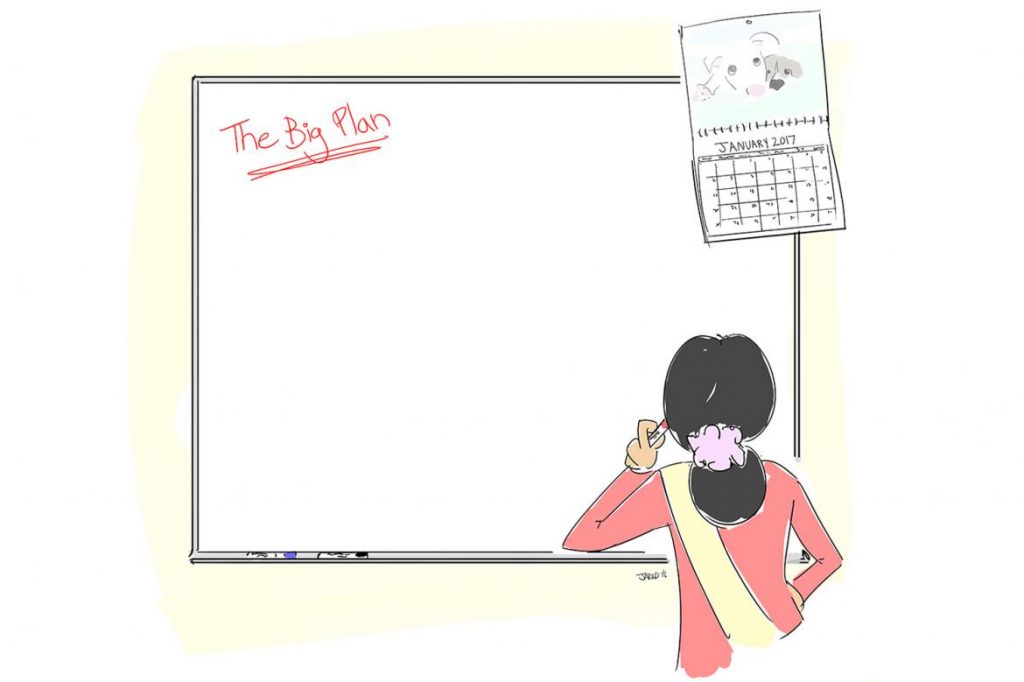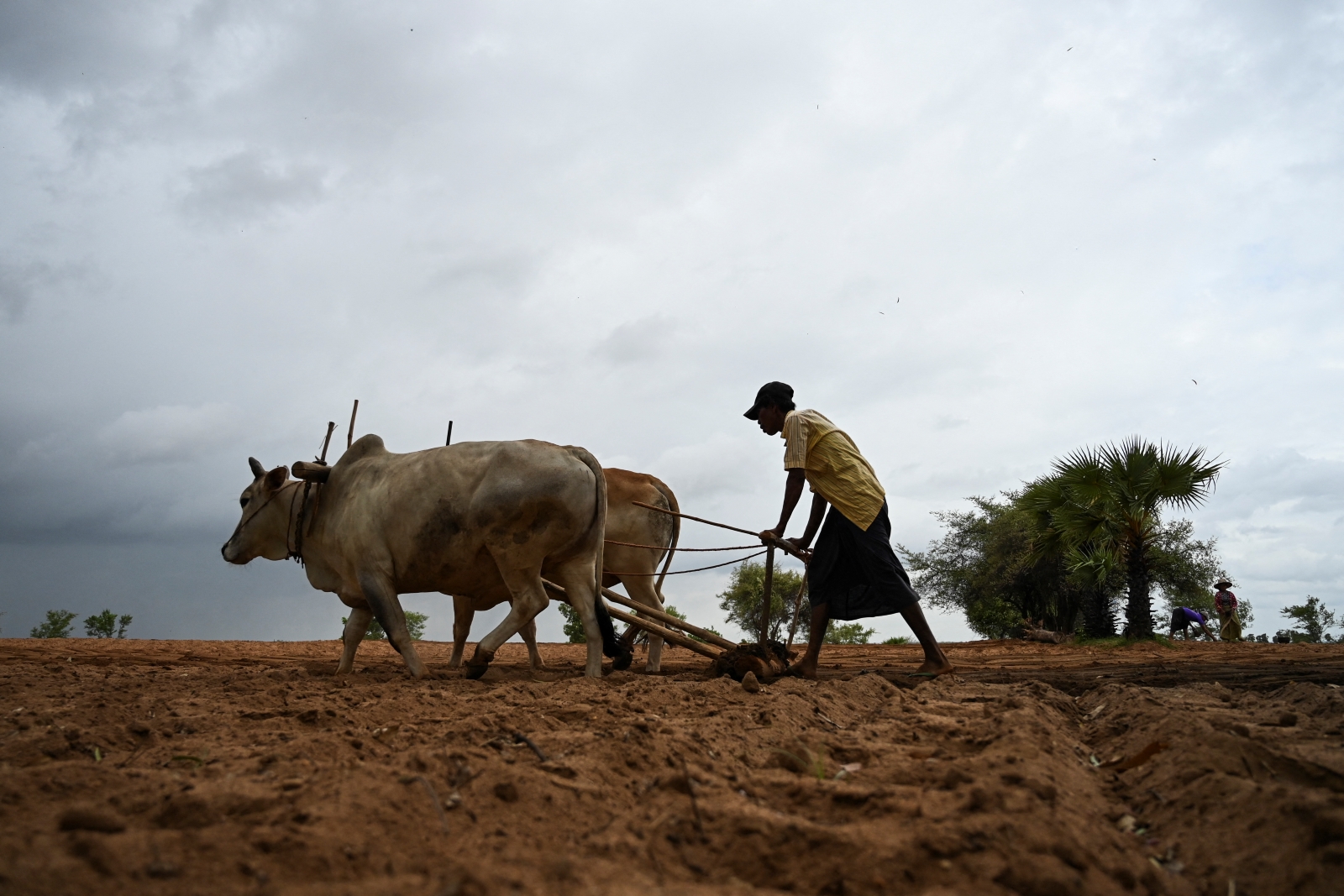The ideal place to start would be a review of the cabinet and the replacement of ministers who are not up to scratch.
MANY COMMENTATORS are describing 2016 as a global annus horribilis; a year to forget, one in which our worst tendencies – fear, hatred, mistrust, intolerance – won out by every measure.
In Myanmar, it’s easy to paint a similarly bleak picture. The year ended with the peace process at its lowest ebb. The situation in Rakhine State has taken another dark turn, with an insurgency adding a new layer of complexity to the conflict.
But even outside of the country’s borderlands, all is not well. In recent months, dozens of ordinary people have been hit with defamation suits under the Telecommunications Law – a deeply worrying development for freedom of expression. GDP growth has been revised down, the currency is depreciating and investment is sluggish, prompting many to question the government’s economic credibility.
On the political front, the government has also alienated many former supporters with its “our way or the highway” approach, and is no more transparent or consultative than its predecessor. Some even argue it is less so.
The people were promised change and the government is no doubt endeavouring to deliver it. But Myanmar’s challenges are complex and deep-seated, with many hurdles to overcome – internal and external, political and economic, institutional and personal. Progress is naturally incremental, but the net effect is that people neither see nor feel change being delivered in any meaningful way.
Support more independent journalism like this. Sign up to be a Frontier member.
The National League for Democracy came to office with an incredible mandate, having won about 60 percent of all votes cast and 75 percent of all seats. The trust and faith in the party should have made it easier to introduce difficult but necessary reforms. It has not moved at the pace that it needed to. As a result, it risks squandering the political capital it built up through decades of hard-fought struggle against the military regime.
But the government is not making its job any easier; Frontier would argue that one of the NLD’s biggest failures in 2016 was that of communication. A major reason that the picture appears bleak is that there has been no effort to craft an alternative narrative. There are no frank public discussions, no fireside chats. Daw Aung San Suu Kyi, who rose to prominence in part due to her skill as an orator, has gone largely silent.
It’s particularly grating that we have instead seen the continued – if not increased – use of state media as a propaganda device, particularly following the October 9 attacks in northern Rakhine State. Ridiculous efforts by Myanmar News Agency correspondents to paint Maungdaw Township as a land of “golden paddy fields” and “scenic” mountains would have done the military-era minister for disinformation, former brigadier-general Kyaw Hsan, proud.
But what is more concerning is that the government has still not communicated many serious policies or plans. We have very little idea about what it hopes to achieve in office, let alone how it plans to achieve those aims or why they were prioritised in the first place.
In his short New Year address, President U Htin Kyaw shed little light on the government’s agenda for 2017 other than the peace process. He fell back on the generalities of the election campaign: internal peace; national reconciliation; the emergence of a federal democratic union; and improving the lives of the people. Htin Kyaw insisted that the government in its first nine months had laid a foundation for delivering on these aims and that results would be seen during 2017.
The speech gave no indication that the government has embarked on any serious reflection on its achievements and failures over the past nine months, and how it could improve its performance. Now is the time for such an assessment. The ideal place to start would be a review of the cabinet and the replacement of ministers who are not up to scratch.
More deputy ministers could be added to bolster the government’s ability to manage the civil service, which in some cases seems to be resisting the government’s agenda. A serious list of priorities covering the next six, 12 and 24 months should be published – essentially, a second shot at its failed 100-day plan.
When it comes to delivering change, the NLD should also take a look closer to home. It still operates as though it is an underground movement rather than a mainstream political party. Under the military regime, there was a need to keep plans secret, and disloyalty was dangerous. That is no longer the case.
The country has changed. The NLD needs to do the same.







